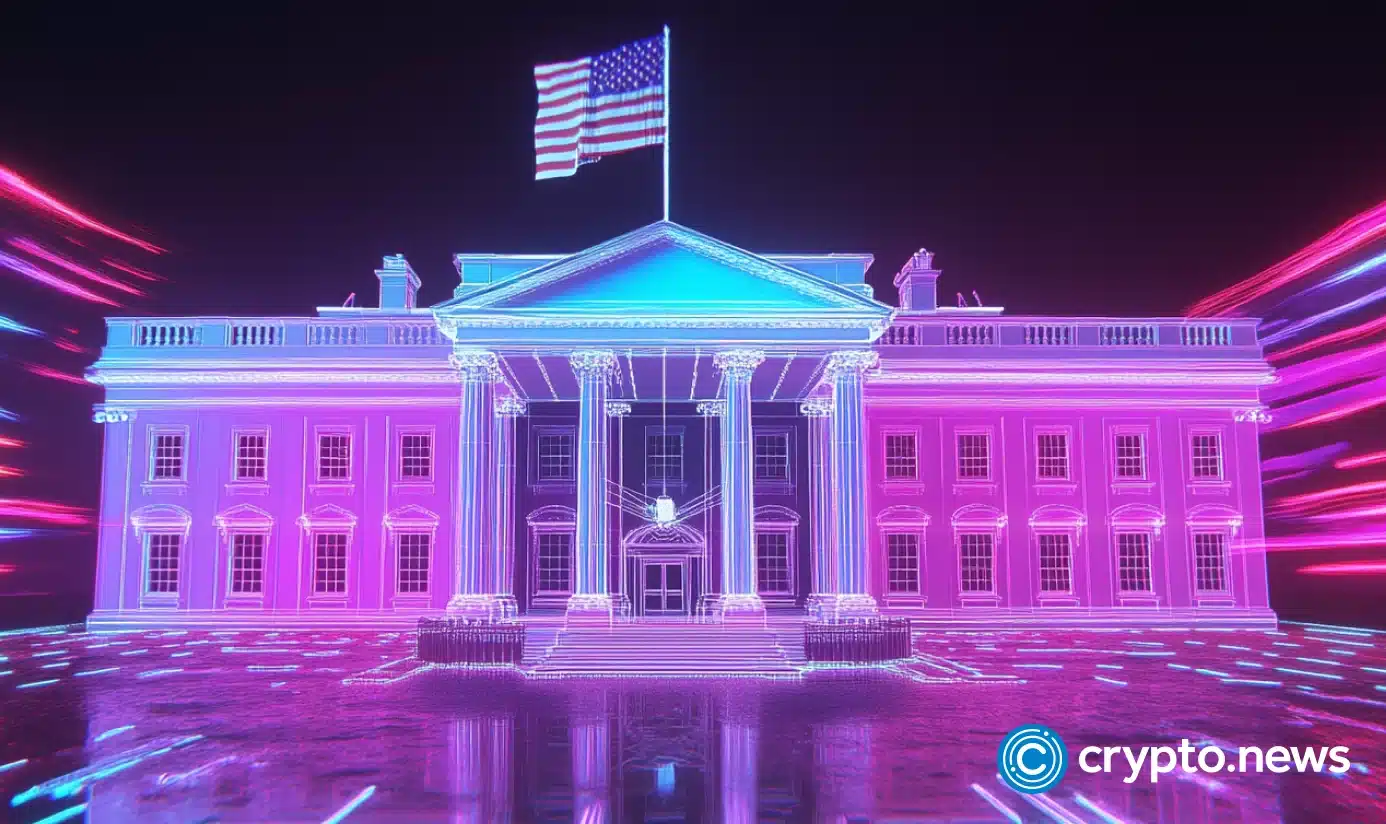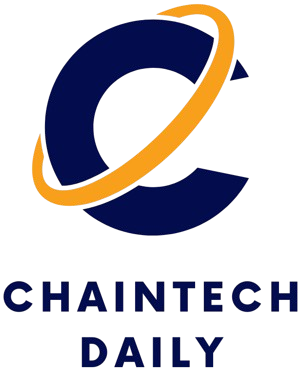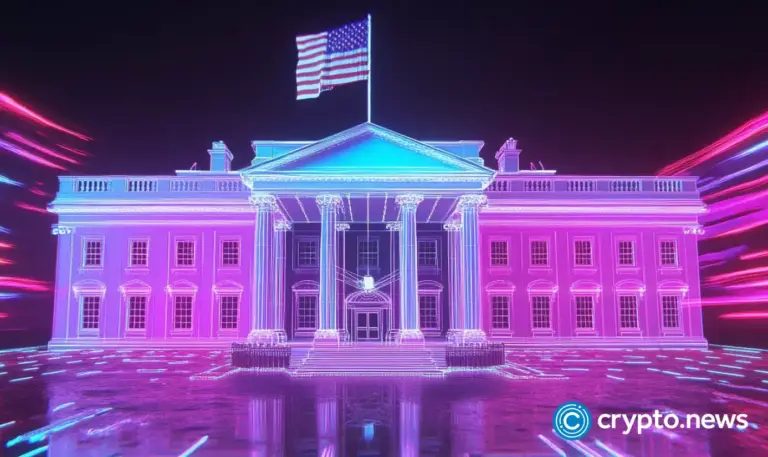
The White House’s push for stablecoin regulation could trigger trillions of dollars in Treasury demand “practically overnight,” Trump advisor David Sacks says.
David Sacks, President Donald Trump’s top advisor on crypto and artificial intelligence, said the administration expects the U.S. Senate to pass the GENIUS Act, a stablecoin regulation bill that he claims could drive massive new demand for U.S. Treasuries.
In an interview with CNBC on Wednesday, Sacks said there are already over $200 billion in stablecoins, though currently unregulated, adding that providing legal clarity and a proper framework could create “trillions of dollars of demand for our Treasuries practically overnight, very quickly.”
The bill, officially known as the Guiding and Establishing National Innovation for U.S. Stablecoins Act, cleared a key Senate hurdle this week when 66 senators voted to advance it, including 15 Democrats, giving the legislation enough support to avoid a filibuster.
Sacks said the administration now has every expectation that the bill is going to pass, though he didn’t respond to a question about potential conflicts of interest involving Trump and his family’s crypto businesses.
Critics have pointed to Trump’s financial ties to the crypto sector as the Trump family is backing World Liberty Financial, which recently launched a stablecoin called USD1. It’s backed by U.S. Treasuries and dollar deposits. Abu Dhabi’s MGX fund invested $2 billion in USD1 in Binance, a cryptocurrency exchange that admitted to violating U.S. anti-money laundering laws in a $4.3 billion plea agreement.
The GENIUS Act would create a federal framework for stablecoin issuers and bring dollar-backed digital currencies under U.S. oversight. Sacks framed it as an economic opportunity, saying that stablecoins offer a “new, more efficient, cheaper, smoother payment system — new payment rails for the U.S. economy.”
Still, the bill’s final passage could be delayed. A last-minute amendment from Sen. Josh Hawley that caps credit card late fees could create friction with banking groups.


